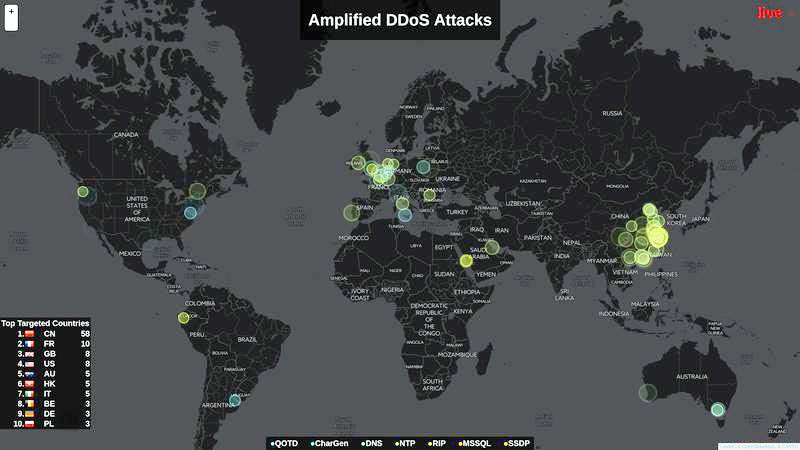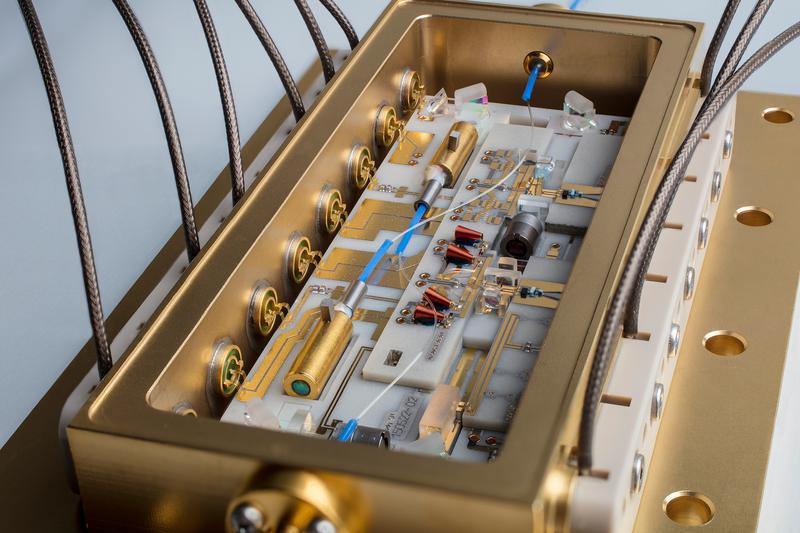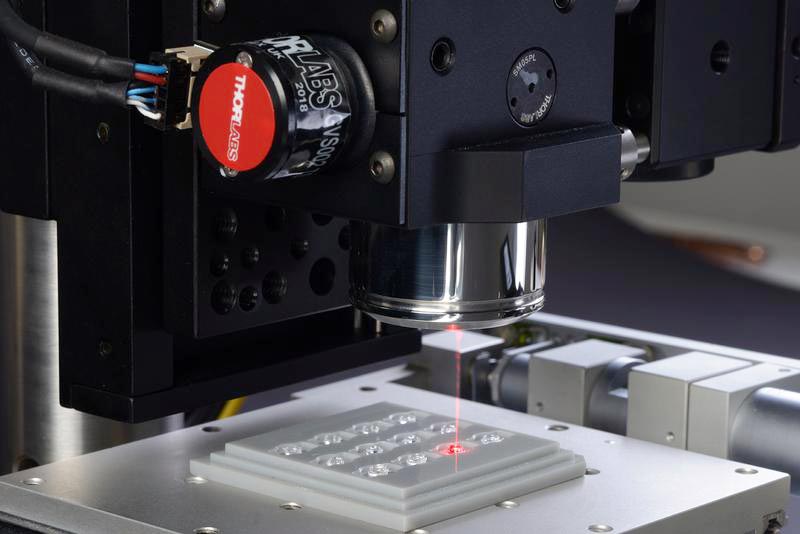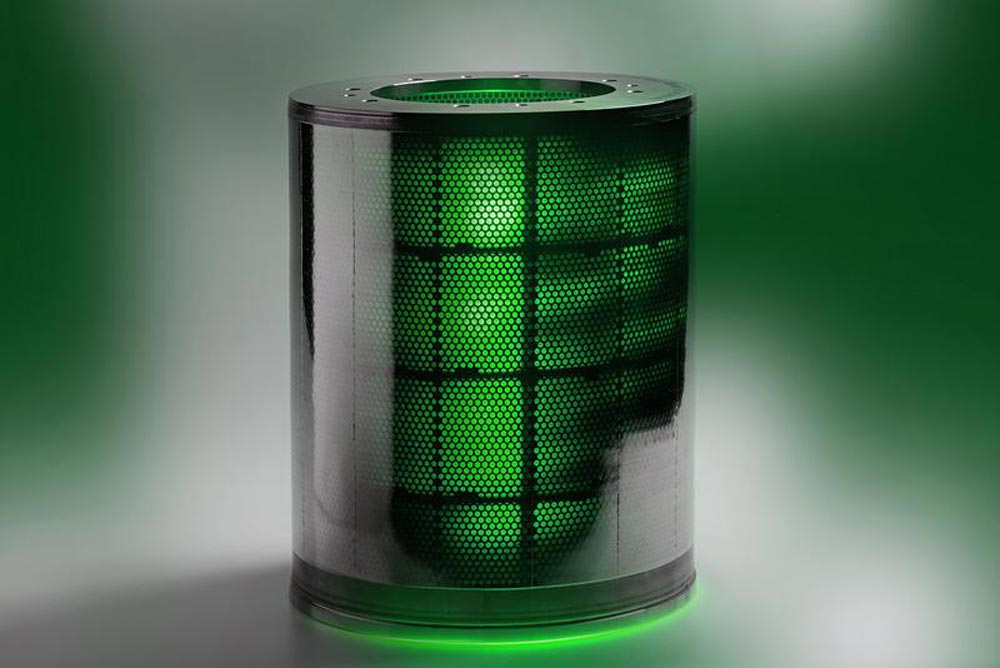

At CISPA researchers are mapping mass cyber attacks in realtime
Universität des Saarlandes/CISPA
These mass cyber attacks, known as “Distributed Denial of Service” (DDoS) attacks, are considered to be one of the scourges of the Internet. Because they are relatively easy to conduct, they are used by teenagers for digital power games, by criminals as a service for the cyber mafia, or by governments as a digital weapon.
According to the software enterprise Kaspersky, some 80 countries were affected in the last quarter of 2016 alone, and counting. Last October, for example, several major online platforms such as Twitter, Netflix, Reddit and Spotify were unavailable to Internet users in North America, Germany, and Japan for several hours. A new type of DDoS attack, a so-called amplification attack, was found to be the source of these outages.
“What makes this so insidious is that the attackers achieve maximum damage with very little effort,” says Christian Rossow, professor for IT security at the Saarland University, and head of the System Security Group at the local IT Security Competence Center, CISPA. Remote-controlled computers are used to direct requests at vulnerable systems in such a way that the system’s responses far exceed the number of requests. The request addresses are then replaced by the Internet address of the victim. Rossow has identified 14 different Internet protocols that can be exploited for this kind of attack.
To investigate these malicious attacks, and the people and motives behind them more closely, Rossow has developed a special kind of digital bait for distributed attacks (also known as honeypots), in collaboration with the CISPA researchers Lukas Krämer and Johannes Krupp and with colleagues from Japan. 21 of these honeypot traps were laid out in the more obscure corners of the Internet, enabling the researchers to document more than 1.5 million attacks.
In this manner, he could identify the different phases of attacks which helped develop an early warning system from the data. He additionally attached secret digital markers to the attack codes he discovered in the digital wilderness, and was thus able to trace the source of the attacks. “This is quite impressive, because these address counterfeiters usually remain hidden by default,” says Rossow.
This is not the first time that Rossow has systematically infiltrated cyber-criminals’ networks. He also managed to take down the infamous botnet “Gameover Zeus” in a similar manner, on behalf of the US domestic intelligence service FBI. In the meantime, he has redesigned his bait to match the latest varieties of DDoS attacks. Cyber-criminals today no longer rely on vulnerable servers, but also attack networked televisions, webcams, or even refrigerators. The “Internet of Things” makes it possible.
Background: Competence Center for IT Security CISPA
CISPA was founded at the Saarland University as a competence center for IT security in October 2011, with the support of the German Federal Ministry of Education and Research. It combines the IT security research of the Saarland University’s Computer Science department, as well as that of its on-campus partners, the Max Planck Institute for Computer Science, the Max Planck Institute for Software Systems, and the German Research Center for Artificial Intelligence, DFKI. Meanwhile CISPA has developed into an established research center for IT security with international appeal. Due to the excellent quality of its scientific publications and projects, CISPA is one of the leading research centers for IT security in the world today.
Additional Information:
Link to Paper “AmpPot: Monitoring and Defending Against Amplification DDoS Attacks”
http://christian-rossow.de/publications/iotpot-woot2015.pdf
Press photos can be found here free of charge www.uni-saarland.de/pressefotos
Further Inquiries:
Prof. Dr. Christian Rossow
Center for IT Security, Privacy and Accountability
Saarland Informatics Campus E9.1
Phone: +49 681 / 302-70797
E-Mail: rossow@cispa.saarland
Johannes Krupp
Center for IT-Security, Privacy and Accountability
Saarland Informatics Campus E9.1
Phone: +49 681 / 302-70805
E-Mail: johannes.krupp@cispa.saarland>
Editor:
Gordon Bolduan
Competence Center Computer Science Saarland
Phone: +49 681 302-70741
E-Mail: gbolduan@mmci.uni-saarland.de
http://christian-rossow.de/publications/iotpot-woot2015.pdf












